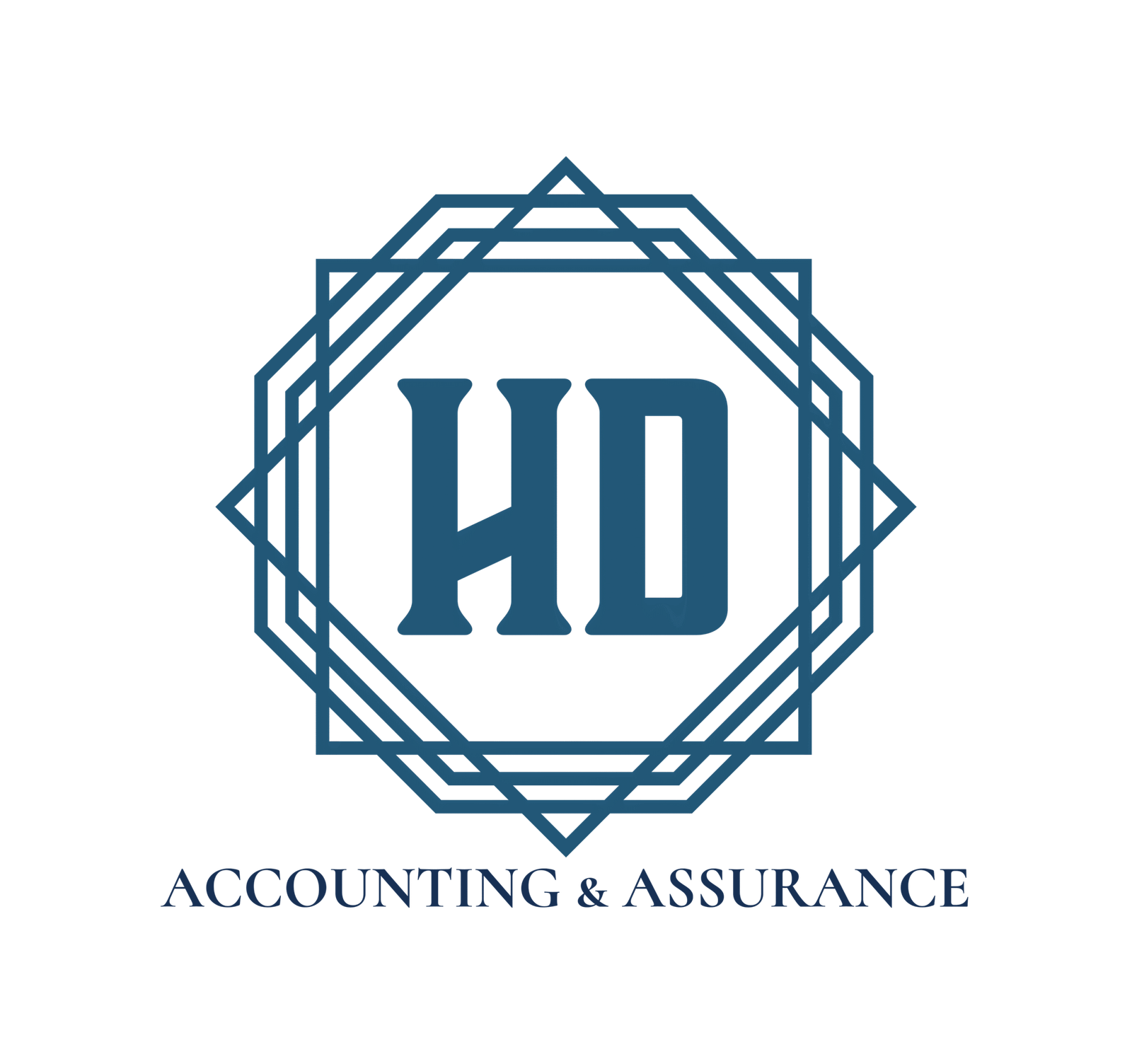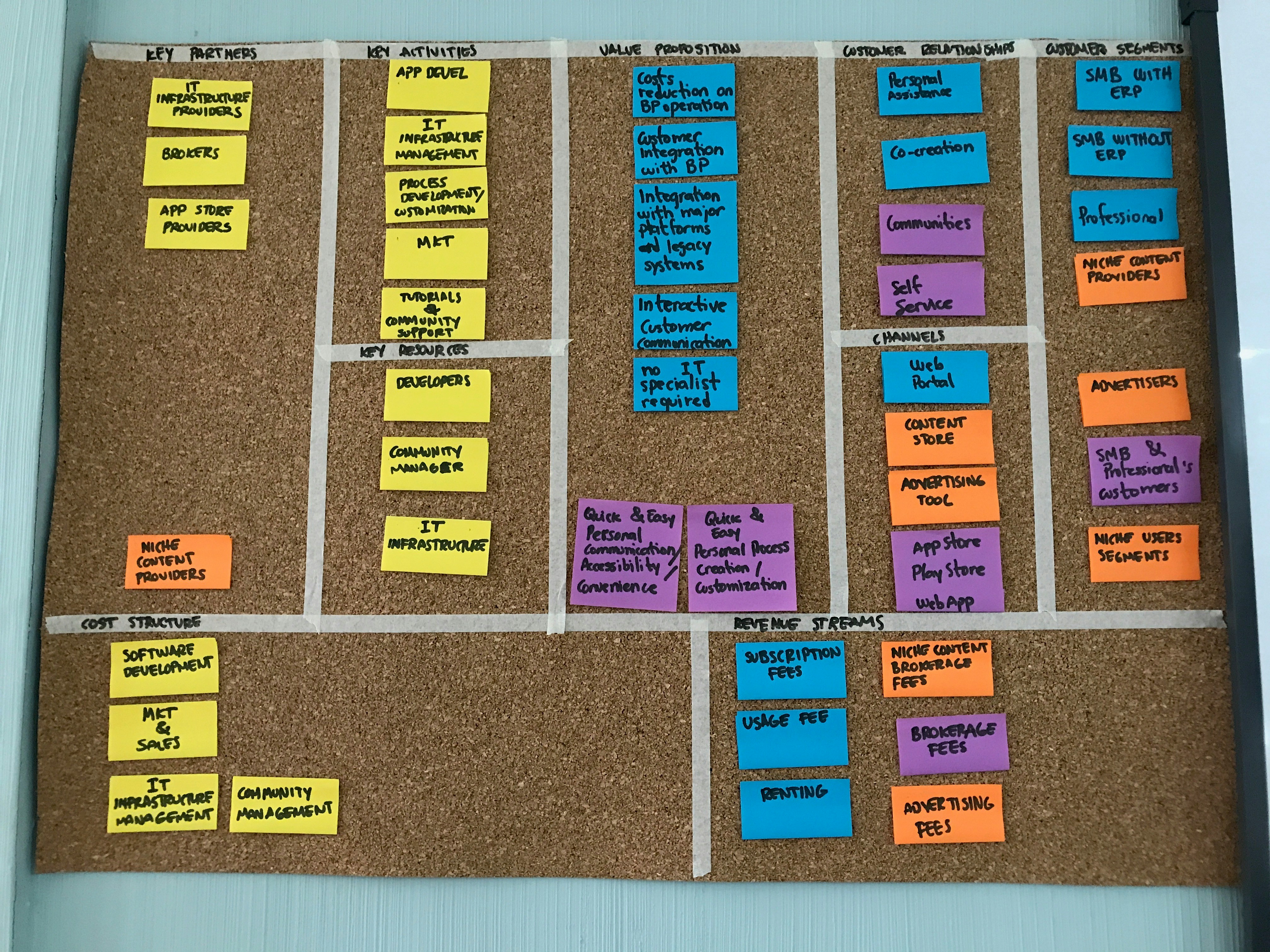Author: admin
-
Year-End Cash Flow Tips for Small Businesses
Understanding Your Cash Flow As the year-end approaches, it’s crucial for small and medium businesses (SMBs) to take a closer look at their cash flow. Access to adequate cash is the lifeblood of any business, ensuring that expenses are covered and investments can be made for growth. A strong understanding of your cash flow can…
-
Understanding Cash Flow vs Profit: Key Differences for Your Business
What is Cash Flow? Cash flow is a crucial financial metric that represents the movement of money into and out of a business over a specific period. It encompasses all cash transactions, including operational revenues and expenses, as well as cash generated from investments and financing activities. The management of cash flow is vital for…
-
Understanding Capital Expenses vs Operating Expenses: A Friendly Guide
What Are Capital Expenses? Capital expenses (CapEx) refer to the funds used by a business to acquire, upgrade, and maintain physical assets such as property, plants, and equipment. These expenditures are often substantial and are intended for long-term benefits. For instance, purchasing a new machine or a building falls under CapEx. The key point here…
-

Mastering the Year-End Closing Process in Accounting
Understanding the Year-End Closing Process The year-end closing process is a critical component of accounting that ensures accurate financial reporting for your business. It involves finalizing all financial transactions and preparing for the new fiscal year. Proper bookkeeping and attention to detail during this period can save you from potential issues down the line. Steps…
-

Cash vs Accrual Basis Accounting: Which Is Right for Your Business?
Understanding Cash and Accrual Basis Accounting Accounting methods might seem technical, but understanding the difference between cash basis and accrual basis accounting is crucial for any business owner. Cash basis accounting records income and expenses only when cash changes hands. In contrast, accrual basis accounting recognizes revenue and expenses when they are earned or incurred,…
-

Understanding Bank Reconciliation and Its Frequency
What is Bank Reconciliation? Bank reconciliation is a critical accounting process that entails comparing the financial records maintained in your accounting software or ledger with the corresponding information on your bank statement. The primary objective of bank reconciliation is to ensure that the balances in these two records match, thereby verifying the accuracy of financial…
-

Understanding the Differences Between Operating Expenses and Cost of Goods Sold and Why You Should Separate Them
Defining Operating Expenses and Cost of Goods Sold In the realm of business finance, understanding the distinction between operating expenses and the cost of goods sold (COGS) is crucial for accurate financial management. Operating expenses, often referred to as OPEX, encompass the costs incurred to maintain and run the daily operations of a business. These…
-

What is a Fractional CFO and Do You Need One?
Understanding the Role of a Fractional CFO A Fractional CFO, also known as a part-time or contract Chief Financial Officer, is a high-level financial expert who provides specialized services to organizations on a part-time basis. Unlike a full-time CFO, a Fractional CFO works on a flexible schedule, which can be particularly advantageous for companies that…
-

The Benefits of Outsourcing Bookkeeping and Why You Should Consider It
Understanding the Benefits of Outsourcing Bookkeeping Outsourcing bookkeeping presents numerous advantages for businesses, with cost savings being a primary benefit. By outsourcing, companies can significantly reduce expenses associated with hiring full-time employees. This includes not just salaries, but also benefits, insurance, and training costs. Outsourcing firms typically offer their services at a fraction of the…



